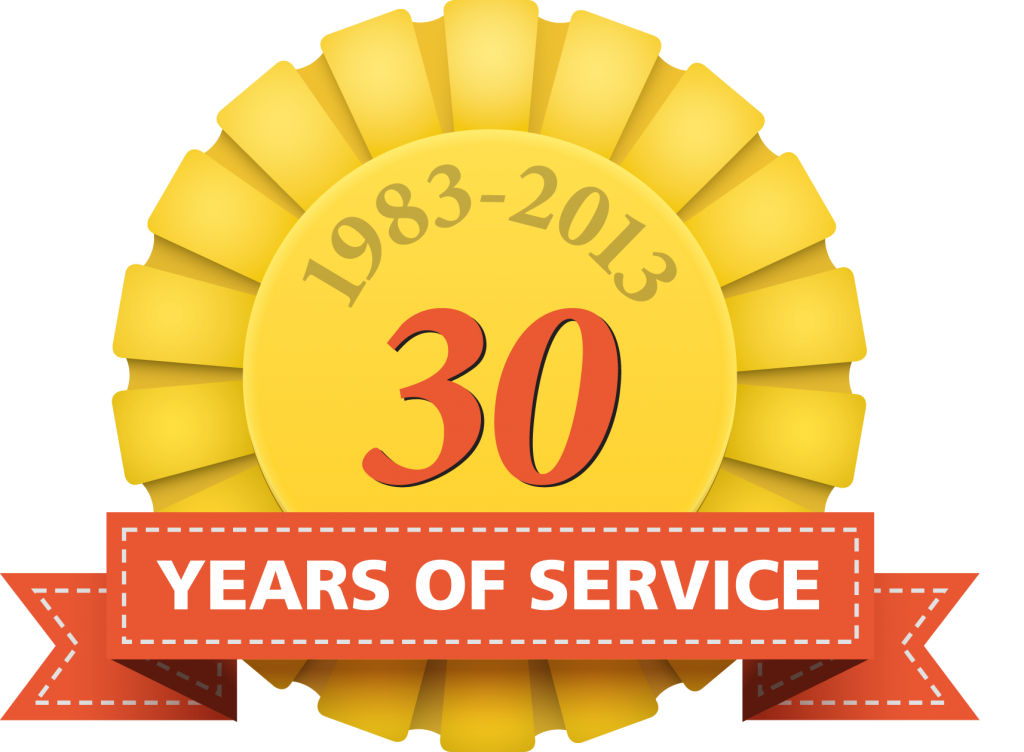TRUCKING SAFETY
Transportation Engineer
Trucking regulation today is, almost exclusively, limited to safety issues. Safety regulations, cover insurance standards, driver licensing standards, training requirements, driver qualifications, operational safety issues, equipment safety, driver hours of service standards, and vehicle repair and maintenance standards as well as a separate group of regulations for driver drug and alcohol testing, transportation of migrant workers, hazardous materials and wastes. The remnants of economic regulation, involve operating authority, when a trucking business chooses to lease equipment with drivers (owner operators), freight brokers, and how cargo loss and damage claims must be handled.
For the most part, the states have adopted the Federal Motor Carrier Safety Regulations so whether the transportation services involved interstate commerce or not, really does not matter. Any state that does not adopt the Federal Motor Carrier Safety Regulations must develop their own regulations which are at least as stringent, or more stringent, than the Federal Regulations. States may also adopt some of the Federal Regulations and develop their own for those sections they do not adopt. Of all the regulations, from a litigation perspective, the one that comes up frequently is 49 CFR §392.9 which applies to the securing of goods in or on the vehicle for the rigors of transportation. The essence of this Regulation is, it is the driver’s and motor carrier’s (trucker’s) responsibility to secure the goods so they cannot shift or fall during the transportation process. However, there is an exception which applies when the shipper loads the vehicle and places a seal or lock on the door or loads the vehicle in such a way as to make any defects in the load not visible through ordinary observation by the driver. Under these conditions, the shipper (consignor) may become liable for any injury to the driver, material handlers and the public during transportation or the unloading process. It is not enough for the driver to look into the back of a trailer. It is unlikely he/she would be able to see any defect which may be concealed in the load beyond the first row of goods.
Many shippers do not allow drivers on the loading dock during loading and will place a seal on the doors before the driver is able to even see the load or be sure it is adequately secured for transportation. The Federal Motor Carrier Safety Regulations
only apply to motor carrier personnel and drivers. They do not apply to shippers, however, shippers may be liable under common law.
The typical tractor/trailer combination weighs on the order of 30,000 pounds empty. Most are capable of transporting loads in the range of 50,000 pounds, making the cargo far heavier than the tractor and trailer itself. Should a load like this not be adequately secured in place, it may shift in transit, which can result in the tractor and trailer rolling over or the driver losing control. There is nothing subtle about a truck wreck. Tractor/ trailer combinations are commonly about 65 feet long and 8½ feet wide and can have a gross vehicle weight of up to 80,000 pounds. When it rolls over or is otherwise involved in a wreck, it can cause catastrophic injuries and/or major damages. Defects in loads may take the form of a hidden hazard within the load. When a cargo vehicle is loaded, heavy goods should be placed on the bottom and lighter goods placed on the top. When heavy containers are placed on the top of a load, they can fall and injure material handlers during the unloading process.
Shippers, manufacturers, distributors, warehousing organizations, motor carriers, drivers, loaders, maintenance organizations, and highway agencies may be culpable when a truck is involved in an accident involving shifting and falling cargo.
[sm_hr]
Technical Network Consulting Service produces expert witnesses for attorneys and insurance companies coast to coast as well as internationally. Working with our extensive database, we are “Your Link to America’s Most Qualified Experts”. Our trained staff specializes in finding qualified scientific, technical and engineering witnesses in your geographical area. A detailed telephone consultation explores all aspects of your case. This simplifies the job of finding the right expert.
Get the right consultant and the right consultant service! Working with our extensive database, we make sure your licensed consultant are available when you need them, where you need them.
Phone: . . . . . . . . . . . . . . . . . . . . . . . (800) 355-1329
Phone: . . . . . . . . . . . . . . . . . . . . . . . (800) 666-7045
Fax: . . . . . . . . . . . . . . . . . . . . . . . . . (215) 653-7382
E-mail: . . . . . . . . . . . . . . . . . . . . . . . .info@techmedexperts.com

